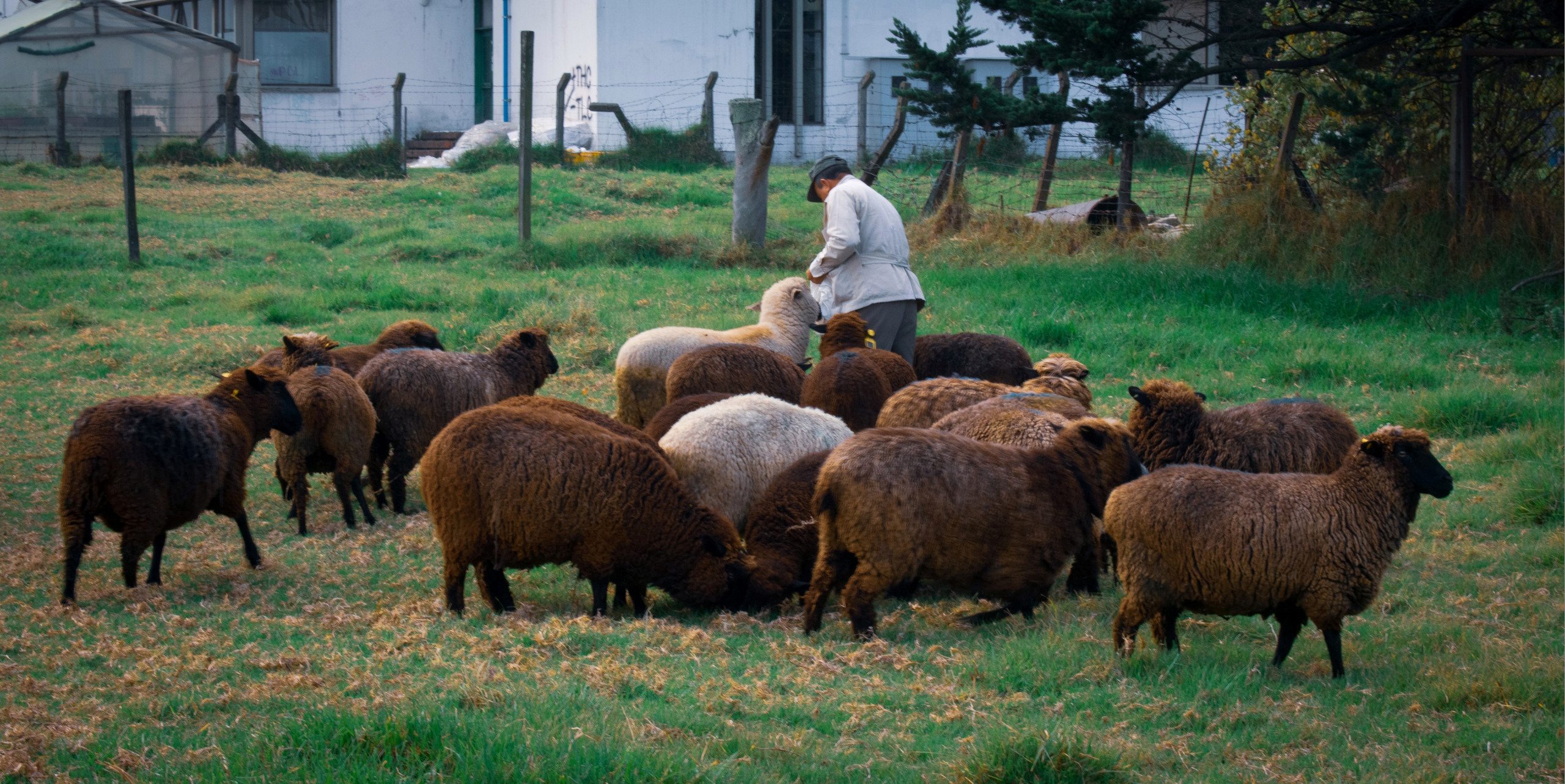
Kazakhstan has a historically well-developed agriculture sector with an emphasis on livestock production. There are territories prone to endemic zoonotic diseases as well as to environmental issues such as the Aral Sea. The interactions between humans, animals, and the environment increase the risk of public health threats and the spread of diseases. Having relatively well-developed vertical Public Health and Veterinary systems managed centrally at the national level, Kazakhstan might increase its capacity and effectiveness in managing health threats at the animal, human, and environment interface by strengthening vertical processes and better coordination of policies, plans, and resource utilization.
In 2018, Kazakhstan started exploring the One Health approach to zoonotic diseases with the conduction of the IHR-PVS National Bridging Workshop (NBW). The NBW is a three-day event facilitated by the World Health Organization (WHO) and the World Organisation for Animal Health (OIE), bringing together public health and animal health participants. The NBW objective is to analyze and improve the collaboration between the two sectors in preventing, detecting, and responding to zoonotic diseases and other health events at the animal-human interface (food safety, food security, antimicrobial resistance). As an outcome of the NBW, a comprehensive long-term national Roadmap (NBW Roadmap) was developed, covering priority areas identified by participants.
In 2020, WHO started the global initiative to follow up and support the implementation of the NBW Roadmaps by establishing a One Health/NBW Catalyst network in countries that have completed NBWs. Kazakhstan was the first country with a One Health Catalyst position in the WHO country office filled at the beginning of 2021. By the end of 2021, the network included 11 countries with plans to expand to 15 in early 2022.
In 2021, WHO supported Kazakhstan reassembling the national adherence to adopting the One Health approach among government bodies to address zoonotic diseases, advocating for better intersectoral collaboration at all levels: national, regional, and local. The initial focus was set on the health and agriculture sectors, with plans to expand the involvement to other stakeholders at a later stage.
The 5-step process was developed to drive sustainable policy changes:
Following the process, the WHO office in Kazakhstan implemented the NBW survey pilot, aiming to rethink and reinforce the implementation of One Health activities and to test the methodology for further implementation in other countries. The survey helped to assess the NBW roadmap implementation progress, set new priorities, and identify new activities. Due to challenges related to COVID-19, almost 70% of the activities are yet to be implemented. Considering that, an updated action plan for the One Health approach implementation (OH action plan), covering not only zoonotic diseases but also food safety and biosafety, was developed to be implemented by 2025.
One of the important activities included in the OH action plan was to establish a coordinated government One Health mechanism or platform in Kazakhstan using the WHO-FAO-OIE Multisectoral, One Health, Coordination Mechanism Operational Tool (MCM OT). The collaborative government platform allows ministries (or agencies) to interact on a regular basis to support improved preparedness and response for health challenges at the animal-human-environment interface, including zoonotic diseases. Therefore, the MCM OT pilot covered steps 2, 3, and 4 of the five-step process mentioned above.
In parallel, One Health-related action, aimed at the development of a legislative basis for better collaboration and establishment of a cross-sectoral research programme, was promoted to be included in the National Project ‘Healthy Nation’. The responsibility for those actions is shared among all main sectors: health, agriculture, and the environment. The National Project was approved by a decree of the Government of Kazakhstan in October 2021 with perfect timing to support the MCM OT pilot.
To streamline the development of the One Health-friendly environment, WHO implemented and supported several awareness-raising and capacity-building initiatives, reaching more than 800 Kazakhstani experts from clinical, public health, laboratory, veterinary, and other settings. But shifting paradigm also means starting from the roots: the development of One Health educational modules to be introduced into the Public Health and Veterinary curricula for the future bachelor’s and master’s degrees was an important activity of the NBW Roadmap, which has also been completed.

